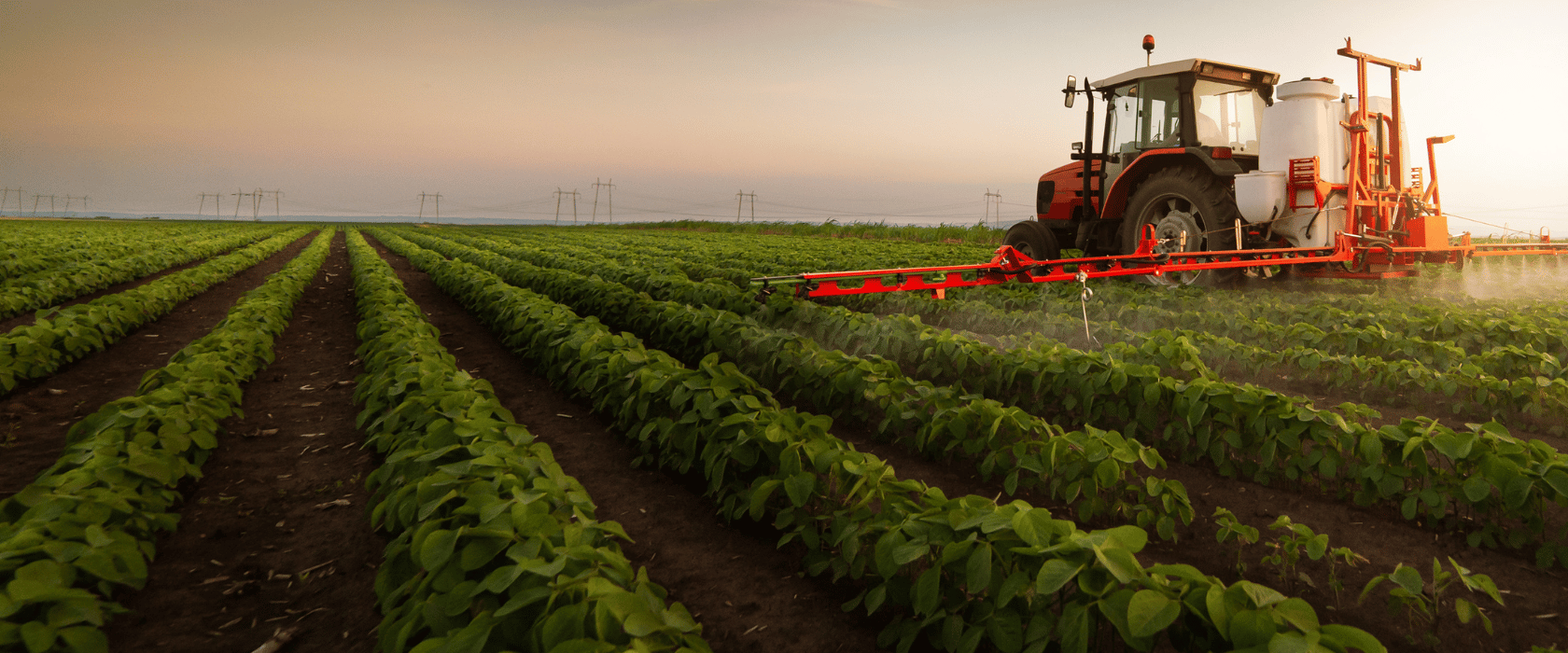By Steve Schindler | Executive Vice President | Creighton Branch
Agriculture, being the backbone of our society, requires constant support to flourish and meet the growing demands of the population. To aid farmers and agricultural businesses, financial institutions provide a range of agriculture loans tailored to their unique needs.
Learn about the different types of agriculture loans available and understand their features, benefits, and eligibility criteria.
Farm Operating Loans:
Farm operating loans are short-term loans designed to cover the day-to-day expenses of farming operations, such as purchasing seeds, fertilizers, fuel, and livestock feed. These loans are typically used to bridge gaps in cash flow and can be utilized by both small and large-scale farmers. The repayment terms and interest rates vary based on the lender and the borrower’s creditworthiness.
Equipment Loans:
Modern agricultural practices often rely on specialized equipment to maximize productivity and efficiency. Equipment loans offer financing options for purchasing or leasing machinery, such as tractors, harvesters, irrigation systems, and other farm equipment. These loans may have longer repayment terms and lower interest rates since the equipment itself serves as collateral.
Farm Real Estate Loans:
Farm real estate loans are long-term loans designed to help farmers acquire or expand their land holdings. Whether purchasing new farmland or refinancing an existing property, these loans provide the necessary capital. Lenders may offer fixed or adjustable interest rates and flexible repayment terms that align with the farming operation’s cash flow.
Livestock Loans:
Livestock loans are specifically tailored for farmers involved in animal husbandry. These loans can be utilized for purchasing livestock, constructing or upgrading barns and shelters, and other related expenses. The loan terms depend on factors such as the type and number of livestock, market value, and the borrower’s creditworthiness.
Here at Midwest Bank, our lenders work closely with our agricultural clients to use all of our tools and find the best financial solutions for them. We utilize new technology as well as proven practices, we understand risks and opportunities, and at the center of all we do is our focus on and relationship with our clients. Serving agricultural clients is the foundation of our institution and will be what helps us grow into the future as well.
Agricultural Infrastructure Loans:
To enhance agricultural productivity and sustainability, infrastructure development is crucial. Agricultural infrastructure loans provide funding for building or improving infrastructure like irrigation systems, water storage facilities, processing plants, and cold storage units. These loans help farmers optimize their operations, reduce waste, and increase the value of their produce.
Agribusiness Loans:
Agribusiness loans cater to commercial enterprises associated with agriculture, including food processing, marketing, and distribution. These loans support business growth, research and development, inventory management, marketing campaigns, and other operational expenses. The loan terms and eligibility criteria may vary depending on the size and profitability of the agribusiness.
Rural Development Loans:
Rural development loans aim to stimulate economic growth and improve the quality of life in rural areas. These loans assist in funding various rural development initiatives, such as building infrastructure, supporting renewable energy projects, financing agri-tourism ventures, and promoting sustainable farming practices. Eligibility and terms may vary based on the specific rural development programs and local regulations.
Agriculture loans play a vital role in supporting farmers, agribusinesses, and rural development. By understanding the different types of loans available, borrowers can make informed decisions based on their specific needs and goals. It’s essential to research and compare loan options from multiple lenders to find the best fit for interest rates, repayment terms, and eligibility requirements. With the right financial support, the agricultural sector can thrive, contributing to food security, economic stability, and sustainable practices.

